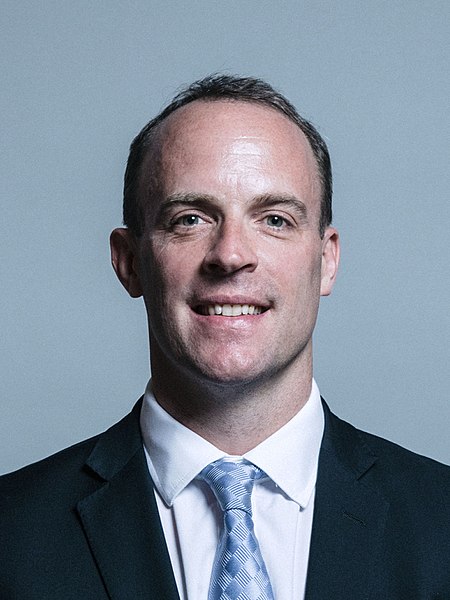15 February 2019 | OPINION
Tuition fees are a visceral subject for many students who resent the fact that the generation which have come before have ‘pulled up the ladder of opportunity’. But with the number of young people going to university increasing nearly tenfold since the 1950s, reform was necessary. When tuition fees were trebled under the Coalition Government in 2010, many feared this would lead to less disadvantaged young people attending university. In reality the opposite has been true. Since tuition fees were trebled, record numbers of students from disadvantaged backgrounds have entered university as there continues to be no upfront costs. In 2017, the Minister for Universities, Jo Johnson, stated that ‘young people from the poorest areas are now 43% more likely to go to university than they were in 2009–10’. This evidence shows that raising tuition fees has not had a detrimental impact when it comes to social mobility and attending university.
In Scotland, there are no tuition fees but this has ended up being a huge tax cut for the middle class. It is often ignored by the media that a disadvantaged young person from England is twice as likely to attend university as somebody with the same background from Scotland. It is also worth noting that Scottish university numbers are capped, unlike in England. Since the rise in tuition fees there has clearly been an effort by English universities to help lower income students gain access to higher education. An example of this is children in care being given leeway on required grades at most universities.
What is clear from any objective calculation is when the repayment threshold was raised from £15,000 to £21,000, only the most successful graduates would pay off their loan. Under the £15,000 repayment threshold, the Institute of Fiscal Studies predicted that the 30 year write off meant that 32% of graduates would have some debt written off. Under the £21,000 repayment threshold, 73% would have at least some debt written off. As a result of the threshold being raised to £25,000 in April 2018, 83% of graduates will not pay off their loan. This much higher figure suggests a false economy on fees as the vast majority of students won’t pay off their loan.
A simple tax calculation shows that a graduate would have to be in a high-earning job throughout their career to fully pay off their student loan. For example, somebody who earns on average £35,000 throughout a 30-year career would still not get anywhere near paying off their student loan. I never heard this sort of argument when I was at university. Students clearly but understandably could not get past the fact that the sheer amount of ‘debt’ you end up with is overwhelming.
There is a lot of scaremongering about the ‘debt’ which students face, but of course it’s not really a debt as consumer champion Martin Lewis has pointed out time and time again. Unlike a real debt, you only make repayments if you earn over £25,000. In practice, we already have a graduate tax which I believe should be made official and as a consequence the system of tuition fees should be phased out. The government should continue to argue that with so many students now attending university, they should pay something towards it. On average, graduates earn over one hundred thousand more throughout their career than those who don’t go to university. What is progressive about expecting those who don’t go to university to pay for somebody who did when they will earn less money?
In my book, The Return of Meritocracy, I argue that although there are many progressive elements of the current system, it is clear that many students are instinctively against the large amount of debt that tuition fees carry. When fees were trebled in 2012, the free market was meant to kick-in and competition for fees would arise. This has not materialised as nearly every university charges the maximum fees, whether it’s Salford or Oxford. With a graduate tax, there would be no ‘debt’ needed to be paid back (which is the main issue for students) and it can be structured to be highly progressive. If it was introduced at 7% on earnings over £27,000 it would be a clear indicator that a graduate would have to be on the average UK wage to begin paying back. As with tuition fees, the tax would cease 30 years after graduating from university.
With the current tuition fees repayment rate of 9% of earnings over the newly introduced threshold of £25,000, a cut to 7% via a graduate tax would be a progressive move. It would be understood as a tax which would stop graduates receiving alarming letters stating that they owe £50,000 in addition to enormous interest rates. The government should continue to argue that graduates need to make a financial contribution to keep higher education affordable, whilst ensuring those who don’t go to university are free from subsidising this.
————————————————-
Paul Maginnis is a Conservative Party member, and author of The Return of Meritocracy: Conservative Ideas for Unlocking Social Mobility.
Follow him on Twitter @paulmaginnis1























